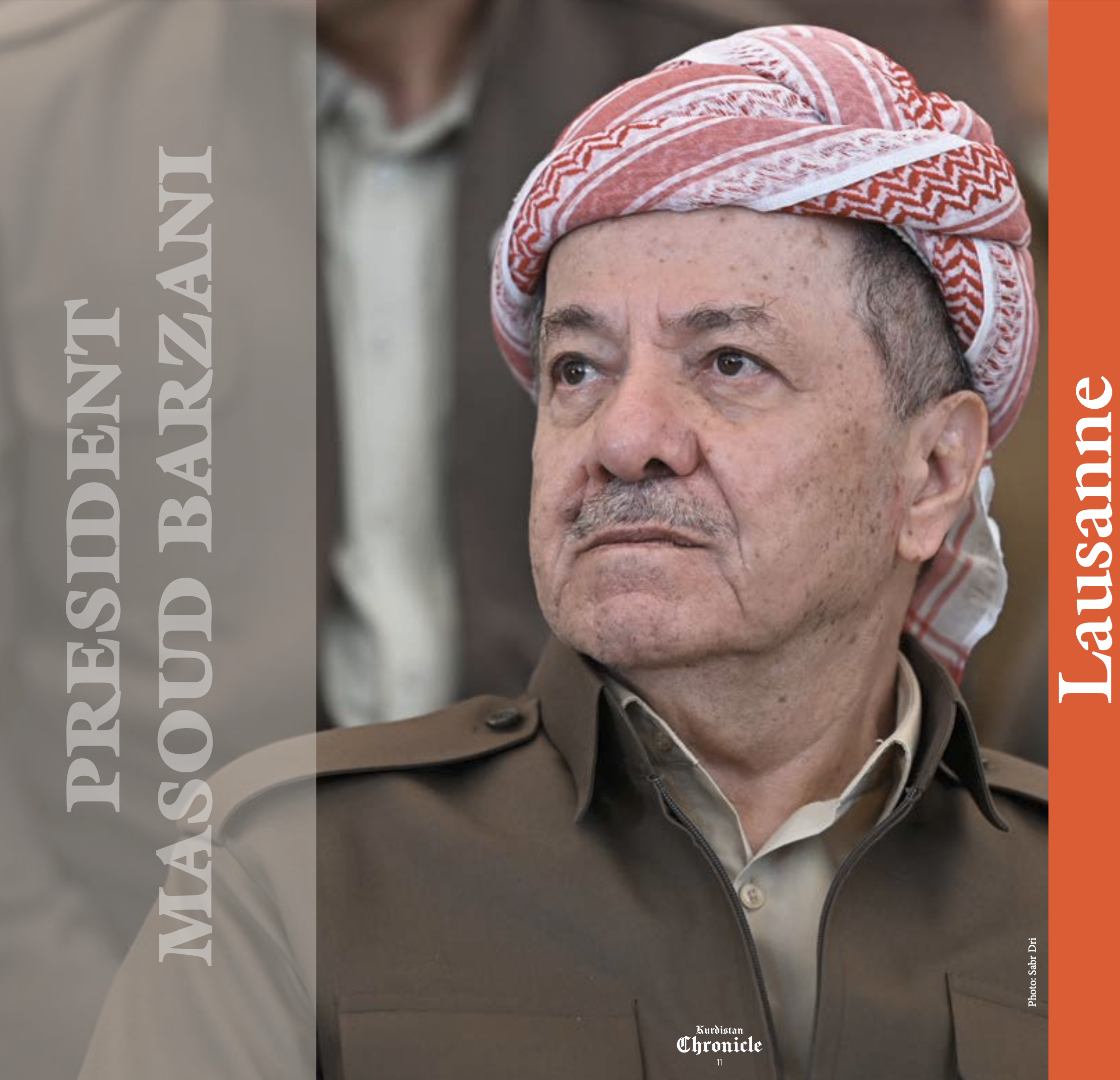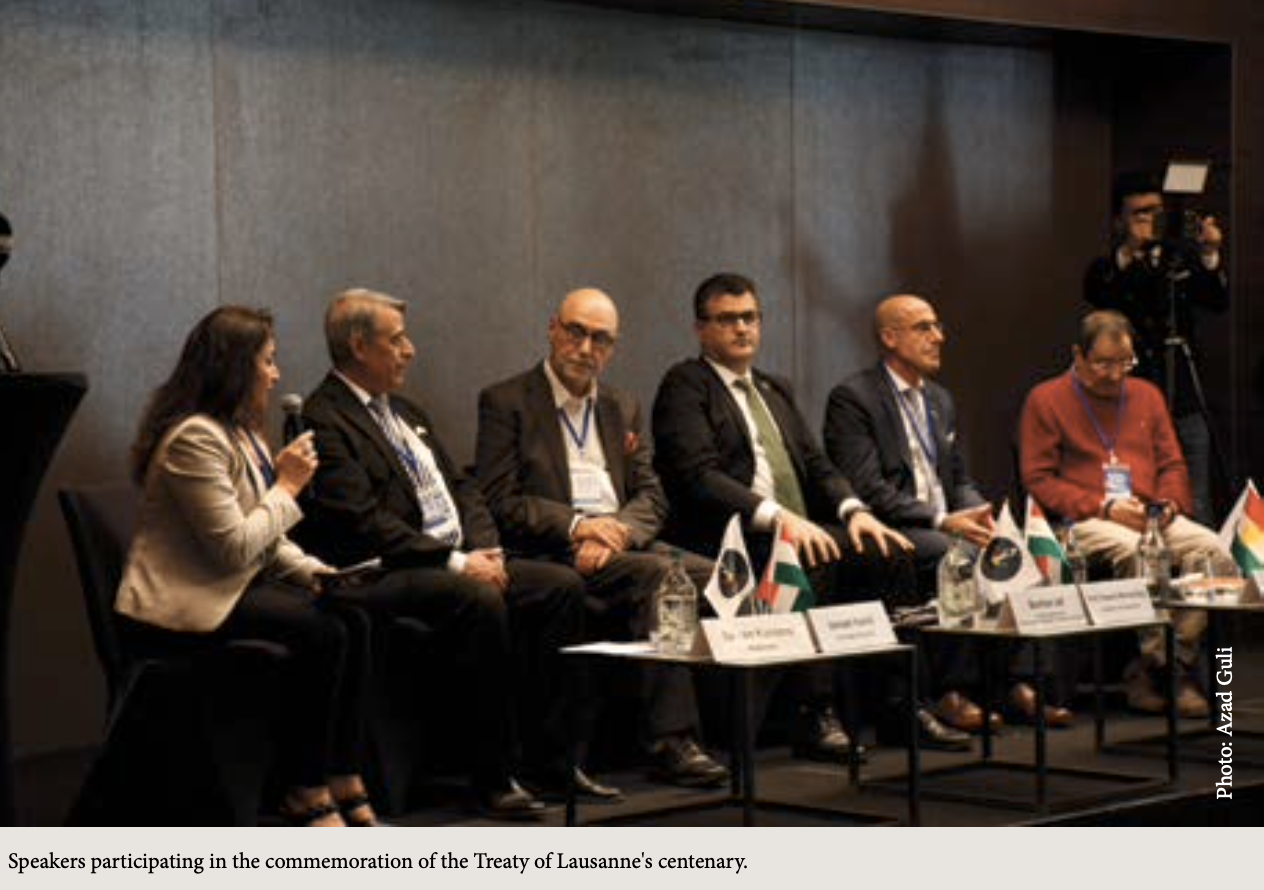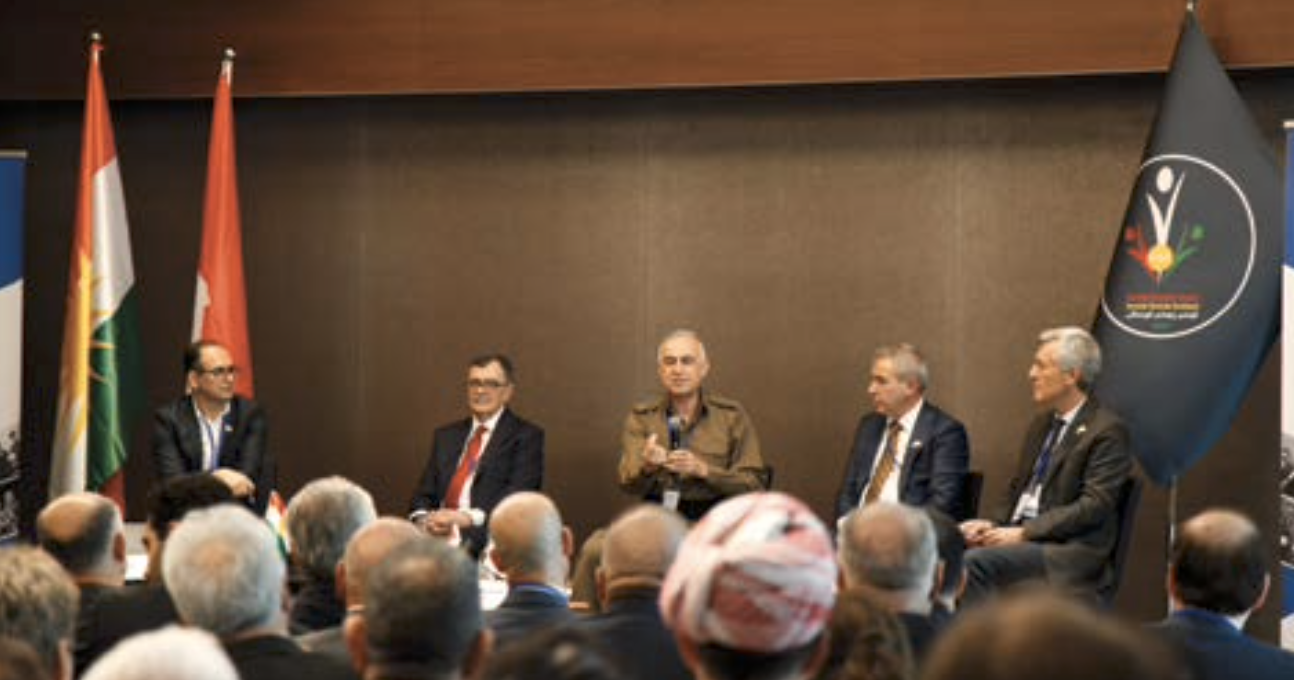In the divine name of God, the almighty and compassionate.
Greetings esteemed representatives and members of the Kurdistan Diaspora Confederation.
Respected guests and honored participants,
Welcome to this gathering of the Kurdish elite, where we discuss a historic event on a significant location. Today, we commemorate the 100th anniversary of the Treaty of Lausanne, a momentous treaty that greatly influenced the fate of the Kurdistani people in the Middle East. It is essential for us to come together and reflect on the far-reaching effects of this treaty, which brought tragedy, deprivation, marginalization, and denial.
The primary victims of this agreement were the people of Kurdistan, whose fundamental rights and aspirations were disregarded, despite their long history of inhabiting their own land and territories. While the Treaty of Sevres, signed three years earlier in August 1920, initially granted the Kurds the right to independence, the Treaty of Lausanne dashed those hopes and imposed severe limitations.

Consequently, the destiny of the Kurdish people became intertwined with the laws, stereotypes, and fate imposed by the ruling states. Unfortunately, the aftermath of the Treaty of Lausanne did not bring progress, coexistence, or unity to the region's peoples, particularly the Kurds. Instead, it created an unhealthy and unnatural reality, resulting in a complex geopolitical situation and prolonged instability. Regrettably, the countries where Kurds reside failed to recognize their rights and denied their very existence.
In response to this misguided policy by regional states, the Kurds began to defend themselves and their identity, initiating a struggle that continues to this day. The states were unable to destroy the Kurdish people, yet the Kurds could not overthrow the states that divided them. The ultimate losers were the peoples of the region and the prospects for peace and stability. Countless lives have been lost, and much time and energy have been wasted.
Tragically, the states that divided Kurdistan deployed various methods to alter the demographics of the Kurdish people and pursue a policy of denial, repression, and dissolution towards them. The portion of Kurdistan attached to the Iraqi state has been particularly plagued by disasters and tragedies throughout the 20th century.
The Kurdish people have endured degradation, deportation, Anfal campaigns, chemical attacks, and even genocide. However, there have also been more opportunities for agreement and efforts to resolve the Kurdish issue in Iraq compared to other countries.

The century-long reality of damage and instability highlights the need for both regional states and Kurdish parties to reevaluate their programs and strategies. Instead of war and tension, they should seek democratic and peaceful solutions, addressing each region's problems through dialogue and peaceful means based on their unique characteristics and circumstances.
I am pleased to note that despite the ongoing conflict between the governments of the region and the Kurdish people, the issues at hand have not escalated into a national conflict. The Kurds have always had numerous friends and sympathizers among the nations in the region.
The primary problem faced by the Kurdish people lies with the regimes, their flawed policies, their repression, and their dictatorships—not with the nations and peoples of the region. Regional states, influential powers, international actors, non-governmental organizations, academic and social institutions, activists, and individuals must collaborate to establish a framework.

The Kurdish diaspora can play a significant role by utilizing their positions in political, social, and academic spheres to highlight the Kurdish cause, convey the truth, defend the rights of the Kurdistani people, forge new friendships and cultivate support among people from different countries, and mitigate the consequences of the historical oppression endured by Kurdistan.
This endeavor requires unity, partnership, and a sense of brotherhood among all of you. In this mission, it is crucial to prioritize Kurdistan above all other interests.
I wish you all the best in addressing the impact and consequences of the Treaty of Lausanne.
Thank you, and may goodwill and happiness be with you all.